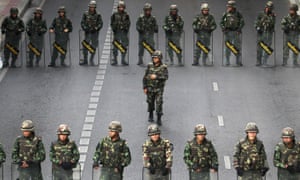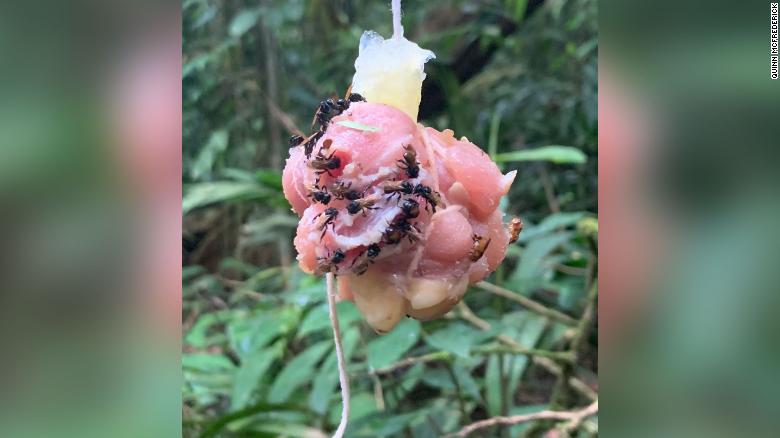
Thailand’s coup leaders have been criticised for giving military officers broad police-like powers to arrest and detain, further eroding the capabilities of civilian authorities in the junta-run state.
Soldiers from the rank of sub-lieutenant and higher will now be allowed to prevent or suppress 27 types of offences, including crimes against public peace, defamation, gambling, extortion, and labour abuses. They will also be allowed in some cases to search property without a warrant.
The military is now authorised to seize assets, suspend financial transactions and ban suspects from travelling.
Colonel Piyapong Klinphan, a spokesman for the junta, said the order was implemented to prevent crimes that pose a danger to public order.
Thailand is a longtime US ally but relations have soured since prime minister Gen Prayuth Chan-ocha came to power in a 2014 coup. His “interim” administration has promised to hold elections although they are not planned until at least mid-2017.
Under army-rule, civil liberties have been cracked down on with arrest of dissidents, reporters and politicians. Last week, the junta banned Thai journalist Pravit Rojanaphruk from attending a press freedom event in Finland.
The government has also announced a new draft constitution that creates a senate whose members would be hand-picked by the military and a contentious provision that critics say allows the prime minister to be appoint, not elected.
“We continue to urge the Thai government to limit the role of the military in internal policing and to allow civilian authorities to carry out their duties,” US State Department department spokeswoman for East Asia Katina Adams said on Monday.
“This includes returning the prosecutions of civilians to civilian courts and providing adequate due process and fair trial protections.”
The military administration has gained international notoriety for peculiar uses of power to silence dissent and senior figures including the prime minister have warned Thais not to criticise their actions.
Last week, a woman was arrested on charges of sedition after she posted a photo of herself holding a red bowl that appeared to be a promotional item for ousted former prime minister. She will face her charges in a military court.
On Tuesday, several human rights groups in a joint statement urged the junta to revoke the new plan, saying it was in contravention of human rights and the rule of law.
“We have observed a steady erosion of human rights protections in Thailand since the military coup of 22 May 2014 and this Order signifies another, jarring, movement in the same direction,” said Wilder Tayler, Secretary General of the International Commission of Jurists.
The statement said the order grants a form of immunity from prosecution.
“Instead of paving the way for a return to democratic rule, the Thai junta has broadened its powers to do almost anything it wants, including committing abuses with total impunity,” said Brad Adams, Asia Director at Human Rights Watch.
“Repression becomes a daily reality as Thailand descends further into military dictatorship.”
[Source:- The Guardian]





